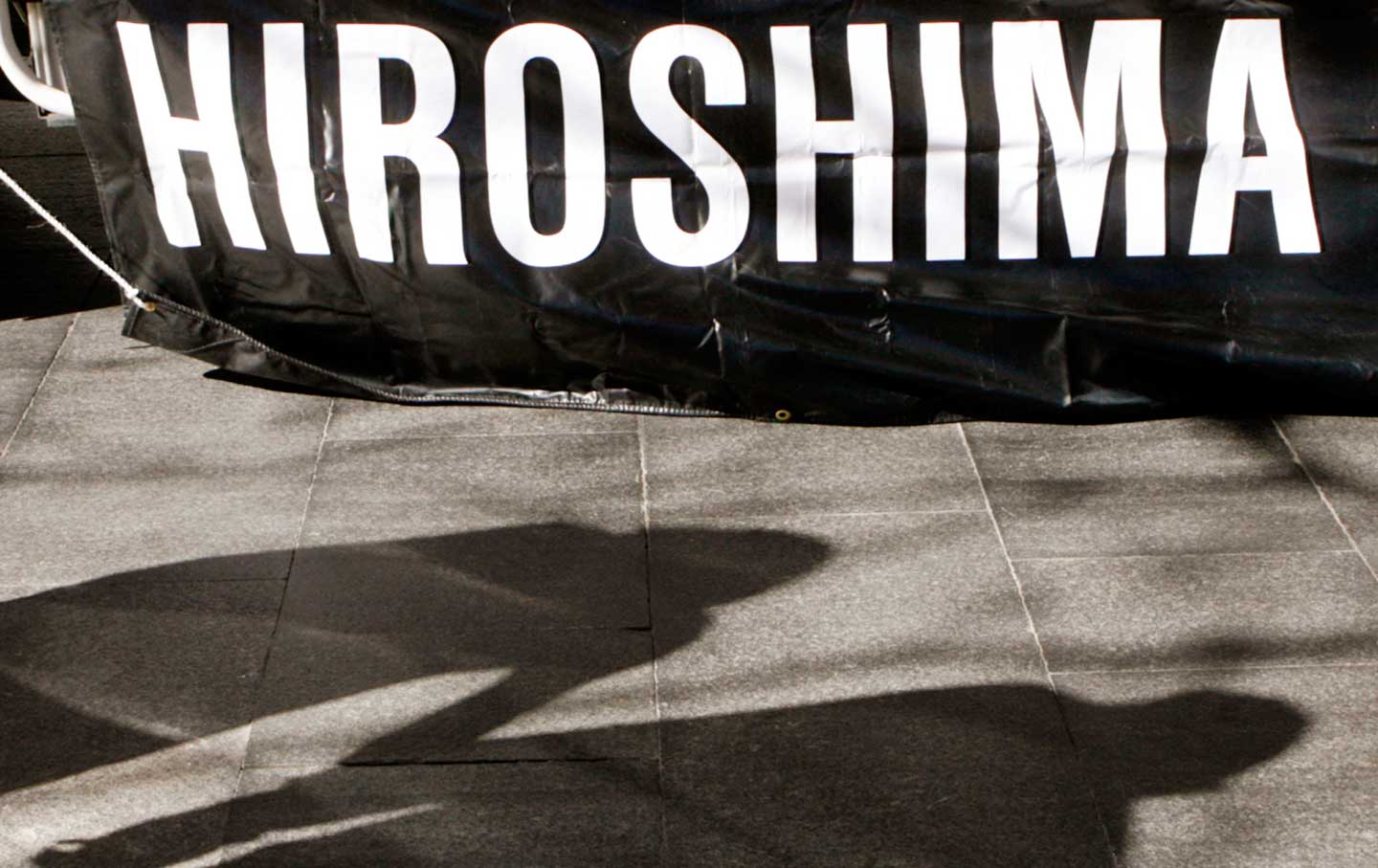The Russians could take a few outlying islands that were not heavily defended, which they did, but they lacked the ability to make an invasion of any of the main Japanese islands. By 1945 the US possessed the best amphibious navy the world had ever seen. The British had their own forces too, but the US was the only navy capable of supporting an amphibious invasion out of range of land based air. The D-Day landing in France were limited to two locations because of the limited range of the Spitfire.
Russian fighters, both home grown and those they got from lend-lease were incredibly short ranged. The US rejected the P-39 from the USAAF as soon as other fighters became available. because of it's poor high altitude performance and it's very short range but they stayed in production throughout the war because the Russians loved them. Some of the top Soviet fighter aces flew the P-39. For the Eastern Front where battles often took place within 50 miles of frontline air bases the P-39 was fine. Most air battled on the Eastern Front also took place below 10,000 feet. Neither side had many strategic bombers trying to attack from high altitude so there was little need to go high.
The USSR had done river assaults but had no experience with salt water amphibious operations.
Stalin wanted to invade Hokaido, but he needed a lot of help from the US, but the Americans refused. What the Russians asked for was probably way too little to do the job. This post details some of it
How much amphibious lift capability did the Soviet Union have in the Far East in 1945? To what extent could they have meaningfully partic...
Japan probably knew that the Russians were incapable of pulling off an opposed landing on any of the major islands. The Japanese had a large fleet of kamikaze boats squirreled away for the invasion. They would have been attacking the poorly prepared Soviet fleet in large numbers and probably would have sunk a number of troop and supply ships. Supplying an invasion after the troops get ashore is very tricky. The US almost failed at Guadalcanal because the initial invasion fleet was not loaded correctly and the invasion ships had to be pulled out early because of the USN losses in the Battle of Savo Island and incessant Japanese air raids. The Marines ended up with tons of things like building materials for an air base, but not enough ammunition, heavy weapons, fuel, or food. They captured a bunch of Japanese rations and that was all they had to eat for a week or two.
I have read stories that the Japanese were approaching US diplomats in Switzerland during the summer to try and negotiate a surrender. About their only condition was they get to keep the emperor. The US was contemplating putting the emperor on trial, but once MacArthur learned how the Japanese system worked, he kept the emperor.
What probably brought the Japanese to the point of pulling the plug was a combination of factors. The US had conducted carrier raids up and down the Japanese coast sinking most of the remaining navy. First submarines and then a mining campaign in 1945 had sunk virtually all the Japanese merchant fleet leaving Japan short of just about everything. They were still using small coal carriers to haul coal from Korea and Manchuria to Japan, but they knew that source was going away when the USSR declared war.
The article talks about the conventional B-29 raids and many of them did do more damage than the nuclear weapons. Tokyo was especially hit hard with a fire storm raid.
The attack on Hiroshima probably did contribute some to the calculus, but they were looking at their last supply lifeline being shut off by the Russians on the mainland; all other trade shut down by submarines, mines, and US air power in the south; US air raids destroying cities one after another; and then finally the new US ability to do severe damage to a city with a single plane may have been the straw that broke the camel's back.
We'll never know for sure what were the greatest factors, but all probably contributed.








